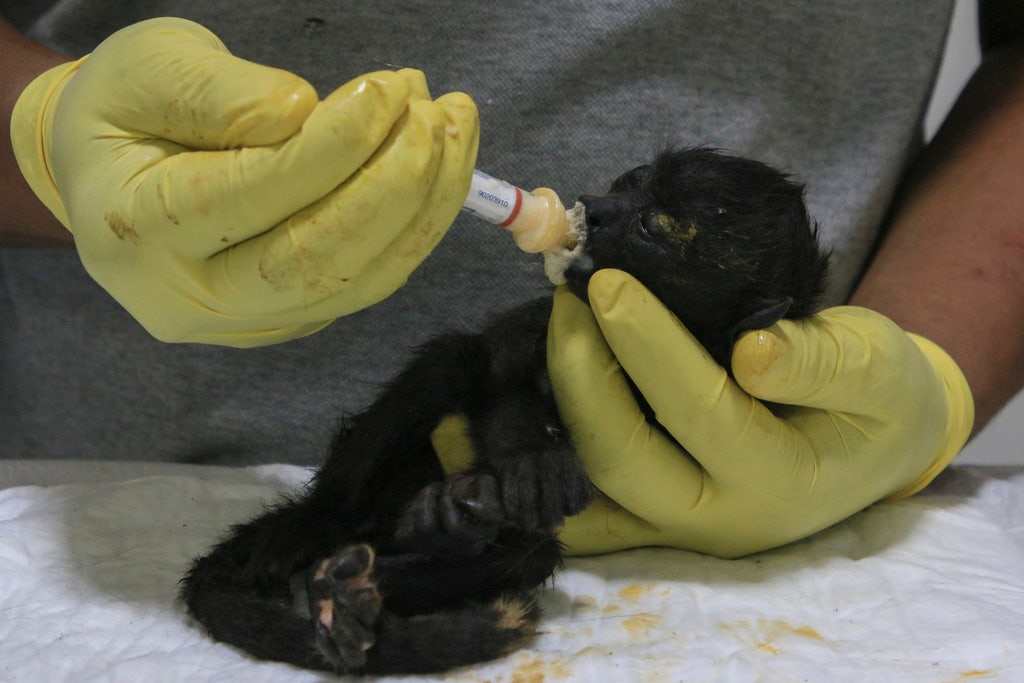Harman also pointed me to a moment in “The Castle,” an unfinished novel published after Kafka’s death, in which the antihero K. tries to phone that bureaucratic fortress. “At first, he hears only what sounds like high-pitched singing,” Harman said. But after an official picks up and methodically interrogates K. about his identity, K. is left wondering: “Who am I, then?”
“Kafka was a notoriously severe judge of himself, and would certainly not have wanted completely uncritical admiration,” Harman said of the author’s online fans. And yet it is precisely Kafka’s painful self-awareness that plays so winningly on social media, among generations of readers who have grown up not just picking up a telephone, but staring it down.
What Harman described as “Kafka’s capacity for humorous detachment,” his “self-irony” and his “impish sense of humor” are now TikTok house style. Keeping up with the platform’s tumbling obsessions and inside jokes — and withstanding the heat of viral attention — requires a puckish attitude toward one’s own emotional life. One of my favorite Kafka videos jumps off the trending setup “Men only have four moods.” In this version, the moods are: “Waking up as a repulsive bug, learning how to live as a bug, being rejected by people, giving up on life.”
For more clues to Kafka’s contemporary appeal, I called Becca Rothfeld, the nonfiction book critic at The Washington Post. But first I dialed the wrong number several times, repeatedly triggering a voice recording that notified me that I had “reached a non-working number at the House of Representatives.” When we finally connected, Rothfeld said: “Trying to call a non-working number at the House of Representatives is very Kafkaesque.”
Rothfeld wrote the introduction for a new anthology of short stories, “A Cage Went in Search of a Bird: Ten Kafkaesque Stories,” which includes works by Joshua Cohen and Tommy Orange. In many of them, Kafka’s sensibility is projected into digital labyrinths. In “Hygiene,” Helen Oyeyemi imagines a text-message exchange between a man and a woman in a casual relationship that wildly escalates when the woman’s friend assumes control of her phone. And in “God’s Doorbell,” Naomi Alderman explores a utopian human society built atop a class of “machine-thinking tools” that resemble evolved chatbots — a society shaken after the humans tell the machines to build a tower to God.
“Kafka, when he was writing, was describing a relatively new experience,” Rothfeld said of his depiction of absurd bureaucratic incidents. Gregor Samsa complains that his job as a traveling salesman is merely a succession of “always changing, never enduring human exchanges.” After he transforms into a bug, he lies in bed instead of reporting to work, so his manager finds him at home and delivers a negative performance review through the locked bedroom door.






